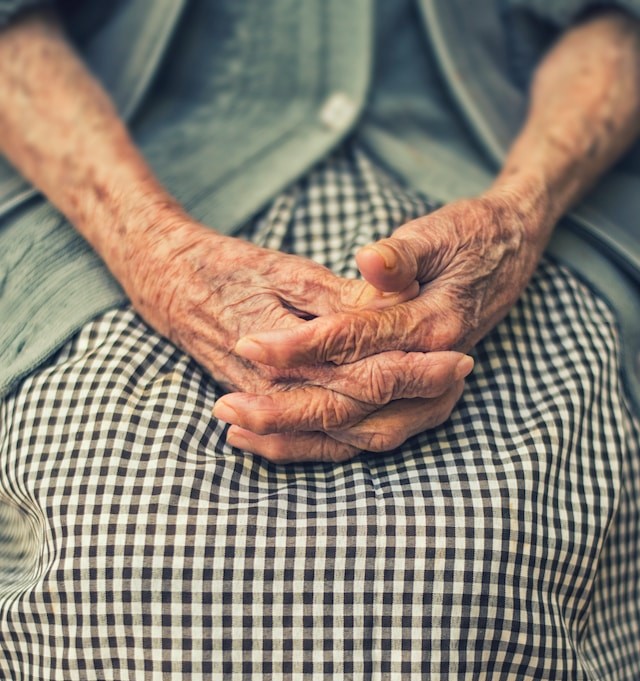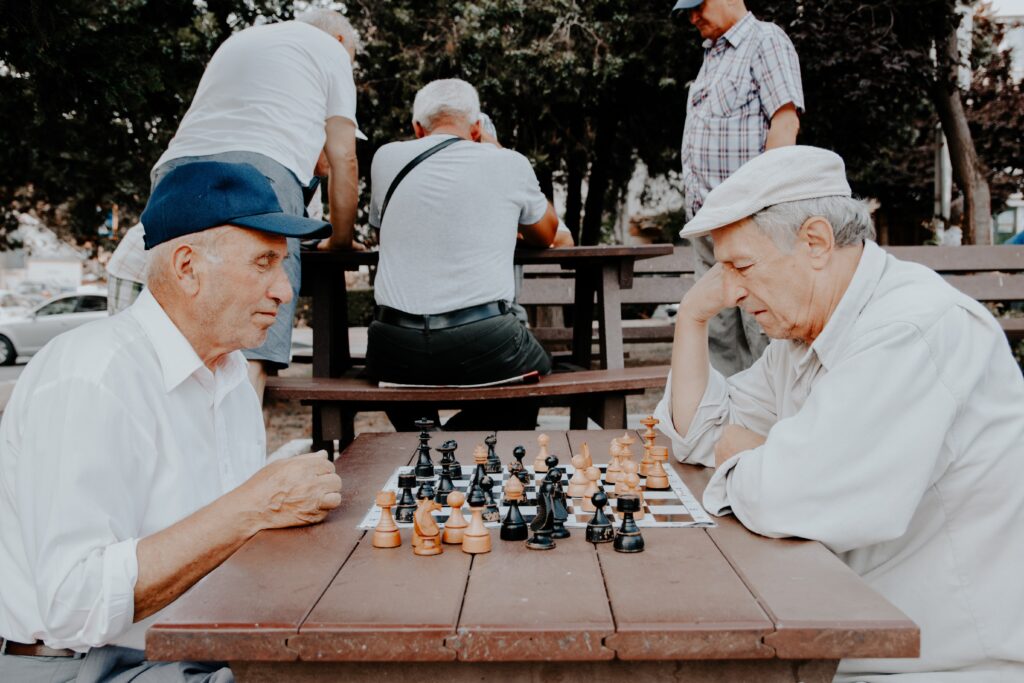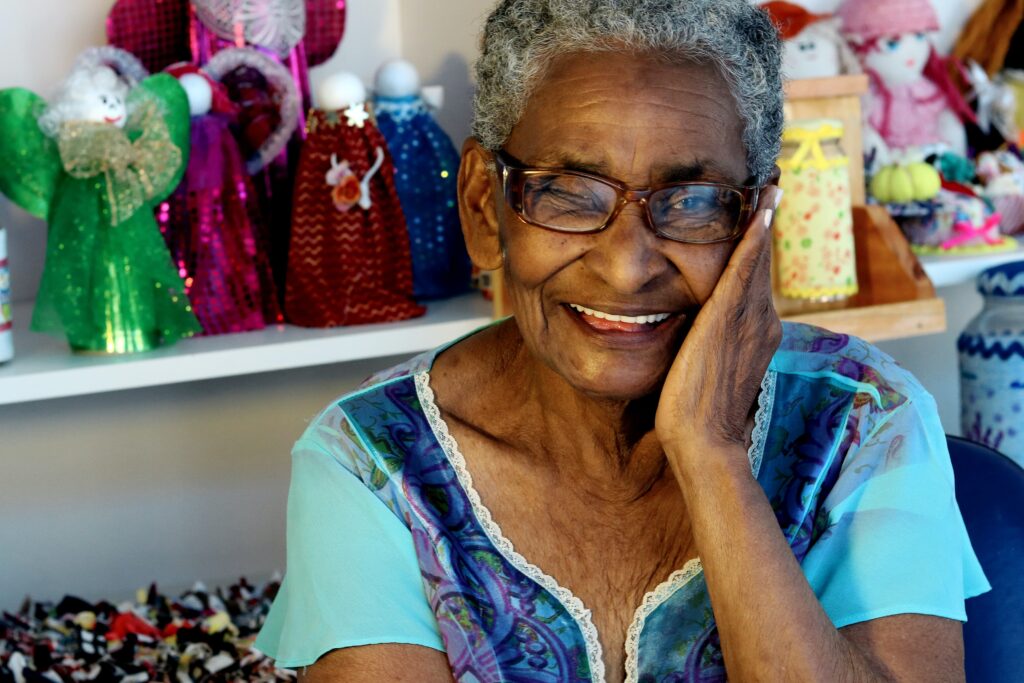Understanding and Solving a Quiet Crisis
It’s more than a little ironic that a country which cherishes freedom and equality so often fails to extend those blessings to its older citizens. Age discrimination, or “ageism,” is a pervasive and serious issue throughout the United States. Sure, it might not be as in-your-face and obvious as some other forms of discrimination, but it’s there, lurking in the shadows. Seniors often face unfair treatment in the workplace, healthcare, and daily life.
The Workplace Woes
Let’s start with employment, where many seniors face the cruel reality of age discrimination every day. It’s a sad fact that some employers prefer younger candidates, assuming they’re more tech-savvy, energetic, or adaptable, not to mention less expensive. This mindset sidelines experienced and capable seniors, which is a disservice to both the individuals and the workforce as a whole. It’s also deeply unfair.

https://unsplash.com/@dani_franco
(Used With Permission)
One obvious solution here is to promote awareness about the value of older workers. Encouraging intergenerational mentorship programs can help bridge the generation gap and make the workplace more inclusive. Employers should also recognize the benefits of diversity in age and experience. A balanced workforce can lead to better problem-solving and broader skill sets.

https://unsplash.com/@vladsargu https://www.instagram.com/vladsargu/
(Used with Permission)
Healthcare Challenges
Healthcare can be another battlefield for seniors. More often than we’d like to think, healthcare providers make age-related assumptions that lead to inadequate care. It is an absolute fact of human existence that age doesn’t define a person’s health, needs, or worth. Nevertheless, our current healthcare system often loses sight of this.

https://unsplash.com/@vlad_soares
(Used with Permission)
Among possible solutions is the promotion of age-friendly healthcare systems. This means tailoring healthcare to meet the specific needs of older adults and acknowledging that they are not a one-size-fits-all group. Medical professionals should receive training to avoid age bias and treat each patient as an individual, not just a number on a chart.
Daily Discrimination
Ageism isn’t just confined to the workplace or healthcare. In fact, it permeates many different aspects of daily life. From media stereotypes to societal attitudes, seniors often find themselves pushed to the side or portrayed as helpless. This is not only unjust but an inaccurate picture of older Americans.
One thing we can do is to change the narrative about aging. Society ought celebrate the wisdom, experience, and vitality of seniors. Inclusivity in media and advertising is crucial to this shift. When we see more realistic and positive representations of older adults, it can help break down harmful stereotypes.
Economic Empowerment
Another critical component of tackling age discrimination is to ensure the economic empowerment of seniors. Financial security is a critical concern, and far too many seniors find themselves struggling to make ends meet.
We can address this by strengthening social safety nets, expanding affordable housing options, and improving access to reliable healthcare. Offering tax incentives for employers who hire older workers can also help. Financial well-being is a fundamental aspect of ensuring dignity and respect for our seniors.
Legal Protections
The above solutions are all steps in the right direction, but the importance of legal protections cannot be ignored or forgotten. We need strong laws that explicitly prohibit age discrimination as well as effective means of enforcing them. The Age Discrimination in Employment Act (ADEA) is a good start, but it badly needs updates and stricter enforcement.
Supporting initiatives that aim to strengthen current laws — combined with the introduction of new laws that address ageism in other aspects of life — can be a game-changer in making ours a more senior-friendly society.
Education and Awareness
In order to create lasting change, awareness of the pernicious nature of ageism must be raised. Schools, workplaces, and communities can implement educational programs that teach empathy, respect, and the value of diversity across age groups.
Public education campaigns and community events which prominently feature seniors can also play crucial roles in changing societal attitudes. It’s time for everyone to understand that growing older is a natural and valuable part of life.
* * * * * * * * * * * * * * * * * * * * * *
Age discrimination against seniors is a deeply rooted societal problem, in the United States and around the world. It’s high time for all of us to acknowledge and embrace the importance of addressing this issue, which affects millions of our fellow citizens. By promoting awareness, changing attitudes, and implementing practical solutions in the workplace, healthcare, and daily life, we can work towards a more inclusive society.
By Steven Roberts




